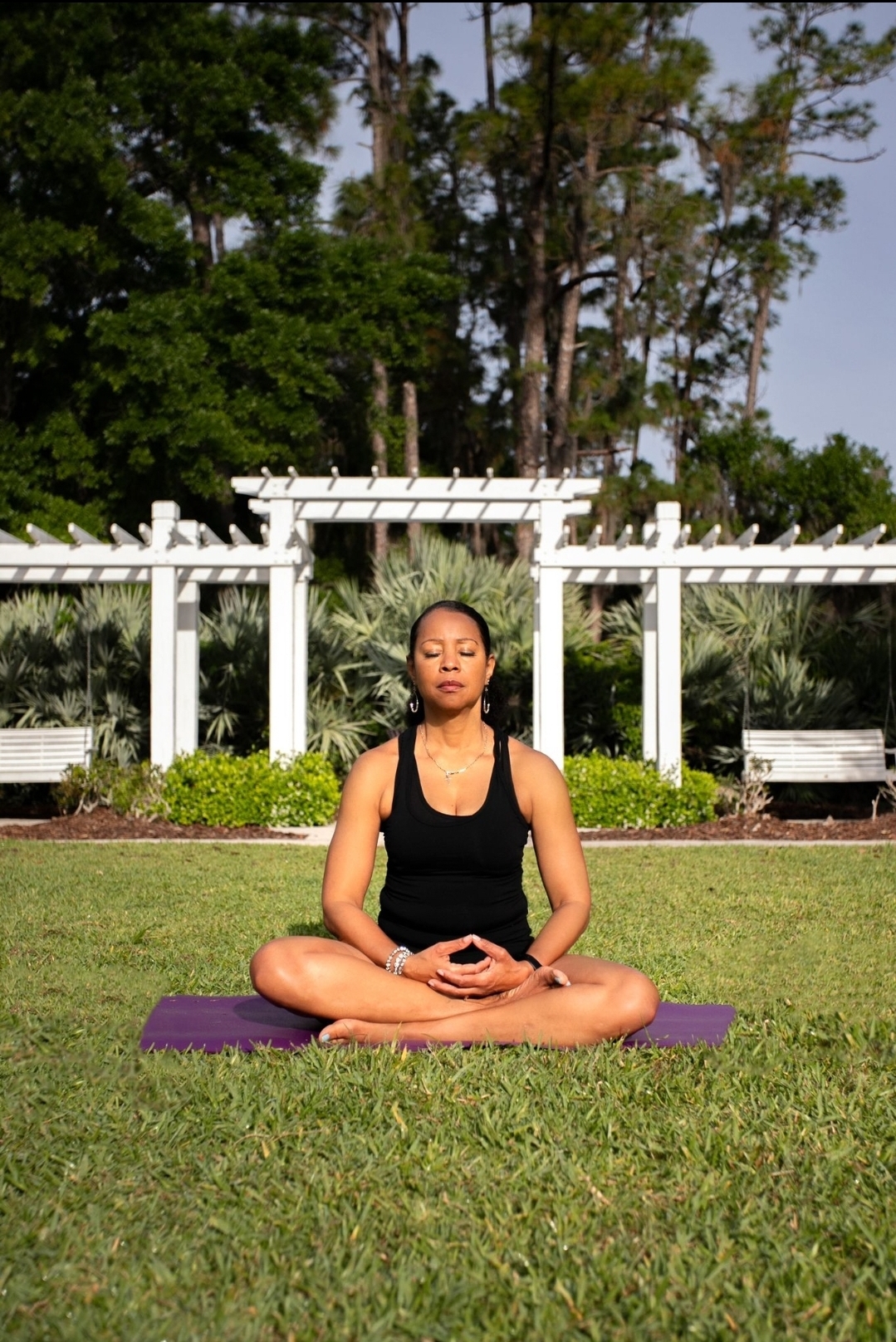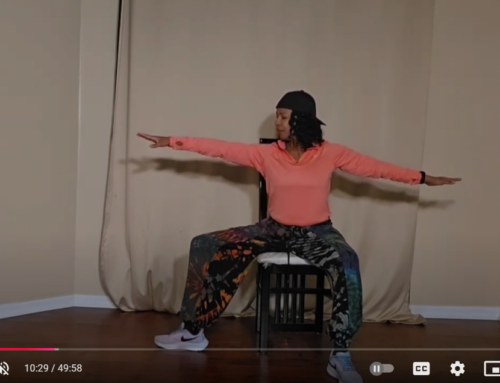(Originally featured in World of Westchase WOW Magazine, May 2025)
May is Mental Health Awareness Month, and while we often connect fitness with movement and strength, true wellness also encompasses our mental and emotional health. You can’t be strong for others—or yourself—if your mind feels overwhelmed, anxious, or exhausted.
According to the National Institute of Mental Health, nearly 1 in 5 U.S. adults live with a mental illness and even more silently struggle with stress, anxiety, and burnout. The stigma around mental health often keeps people from getting support, but just like a sprained ankle or persistent cough, our minds need care and attention, too.
One of the hardest parts of mental strain is how it can distort our thinking. When we’re isolated, overwhelmed, or exhausted, we can become convinced that our perspective is the only one that’s real. But perception isn’t always truth—it’s shaped by our stress level, our surroundings, and our state of mind. If you find yourself feeling stuck in negative thoughts or beliefs that no one else seems to share, it may be time to pause and reach out. Talking with a trusted friend, counselor, or faith leader can help you realign and restore your perspective.
And sometimes the best way to gain perspective… is to rest.
During the early days of the pandemic, the world was forced to slow down. Many of us experienced, for the first time in years, what it felt like to sleep more, move less, and let the noise quiet. For some, it was a welcome reset. For others, it was unsettling. Either way, the earth recalibrated—and many of us did too. But now, years later, we’re back in the thick of the rat race, convincing ourselves we don’t have time to sleep. The truth? Sleep is not a luxury. It’s foundational to mental fitness.
More than 40% of adults report poor or insufficient sleep, and lack of rest can worsen mood, impair judgment, and increase the risk of anxiety and depression. Sleep is when your brain and body repair, regulate, and reset. If you’ve been cutting corners on rest, your mental health may be paying the price.
So where do we start? One of the simplest tools is already with you: your breath. Deep, intentional breathing helps calm the nervous system, lower cortisol, and ground your thoughts in the present. Here are three techniques you can try:
- Box Breathing
Inhale for 4 seconds → Hold for 4 seconds → Exhale for 4 seconds → Hold for 4 seconds.
Repeat four times.
- 4-7-8 Breathing
Inhale through your nose for 4 seconds → Hold for 7 seconds → Exhale slowly through the mouth for 8 seconds.
A great calming tool before bed or in moments of anxiety.
- Soft Focus + Expansion
Lift your gaze and choose something beautiful to rest your eyes on—a branch moving in the breeze, a tree against the sky, or soft light filtering through a window. Let your eyes remain softly focused on that one spot. Then, without moving your gaze, begin to notice what’s in your peripheral vision—the shapes, colors, light, and sounds around you. Stay with it for one to two minutes, letting your body relax and your mind widen. This practice brings peace and perspective, gently shifting your attention from internal tension to the beauty around you.
This month, give your mental health the same care you give your body. Move with intention. Breathe with purpose. Rest when needed. And remember, it’s always okay to ask for support.







Leave A Comment